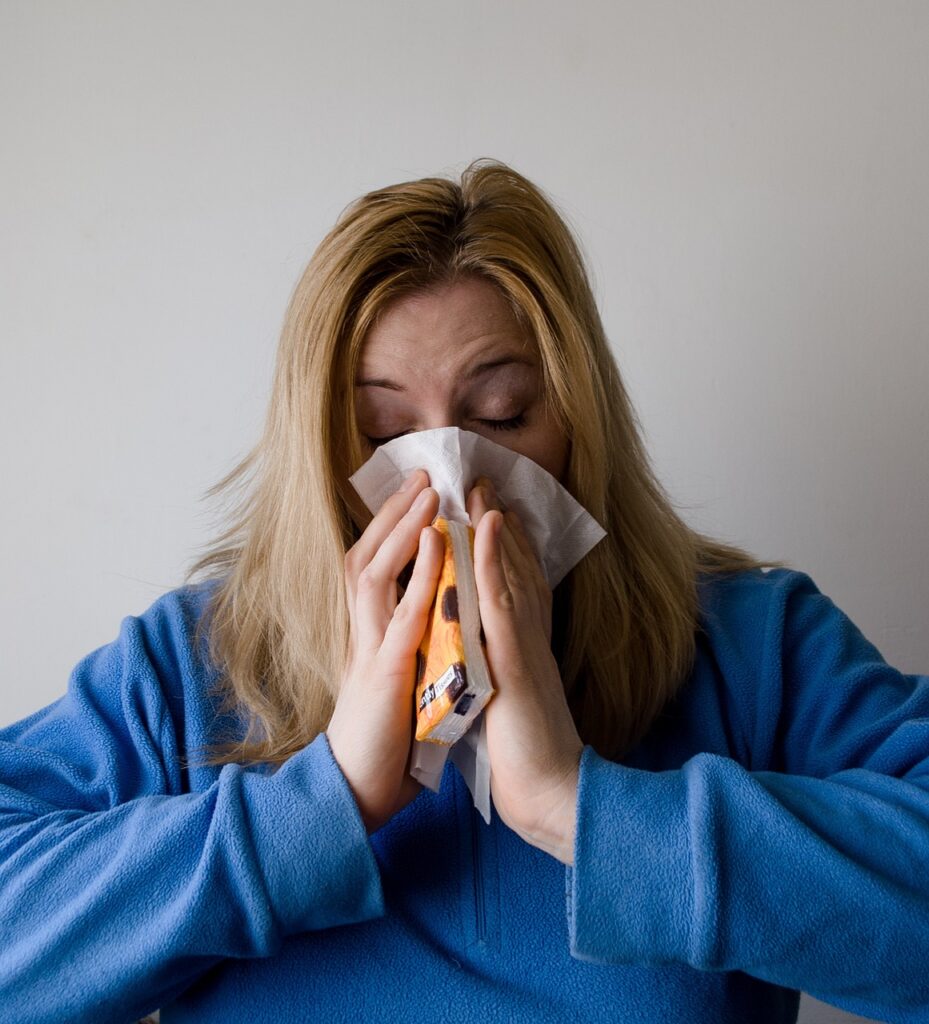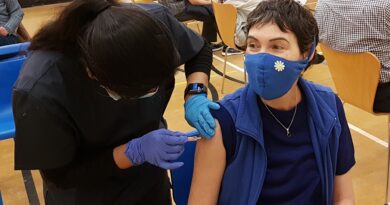Spring Fever: Is it Allergies or Covid-19?
Coughing. Itchy, watery eyes. Runny or stuffy nose. Wheezing and shortness of breath. Sound familiar? Many people are experiencing these symptoms right now as pollen counts rise and coronavirus cases continue to climb across the country. The problem is that common seasonal allergies share many of the same symptoms as Covid-19. So, how do you know if you are suffering from allergies or a case of Covid?
The Washington Post looked into this and found out that one of the best telltale signs is a fever. People with nasal or sinus allergies typically don’t get a fever. So, if you have a temperature above 100.4 degrees you should probably get tested for Covid-19. Other signs that you could have covid are body aches and chills, as well as a loss of sense of smell or taste, as those are not usually associated with allergies.
To help you figure out whether your symptoms are seasonal allergies, Covid-19, the flu, or simply a common cold, check out these easy to read charts compiled by the American Academy of Allergy Asthma and Immunology and the Asthma and Allergy Foundation of America.
Doctors caution that you should not analyze your symptoms alone. It’s also important to look at your history of allergies, when you started experiencing any symptoms, and whether you have been exposed to the coronavirus. For instance, if you have never had allergies before but you went to a birthday party last weekend and someone there tested positive for Covid-19, then it’s more likely that you have been exposed to the coronavirus and you should get tested.
Covid Vaccine Caution
If you get regular shots to treat your allergies, medical experts say you should not schedule your Covid-19 vaccine on the same day. The American Academy of Allergy Asthma and Immunology recommends waiting two days. Common over-the-counter allergy medications, such as nasal inhalers or antihistamines, should have no impact on the Covid vaccine’s effectiveness. However, if you are taking high doses of oral or injectable steroids, you should consult with your doctor before getting vaccinated because steroids suppress the immune system.
The Seniors Trust is committed to improving the lives of seniors. We work to pass the Social Security Expansion Act. If passed, this landmark piece of legislation will provide bigger monthly Social Security benefits (about $65 a month for most retirees), establish a more realistic cost-of-living adjustment (COLA) for seniors, and guarantee the long-term solvency of the Social Security program.




